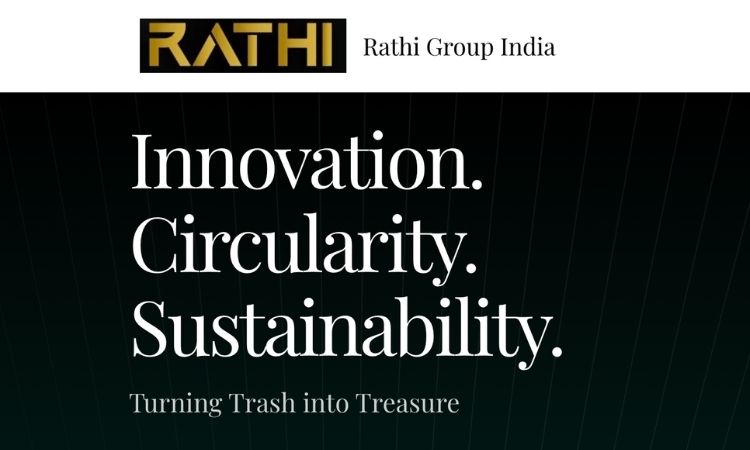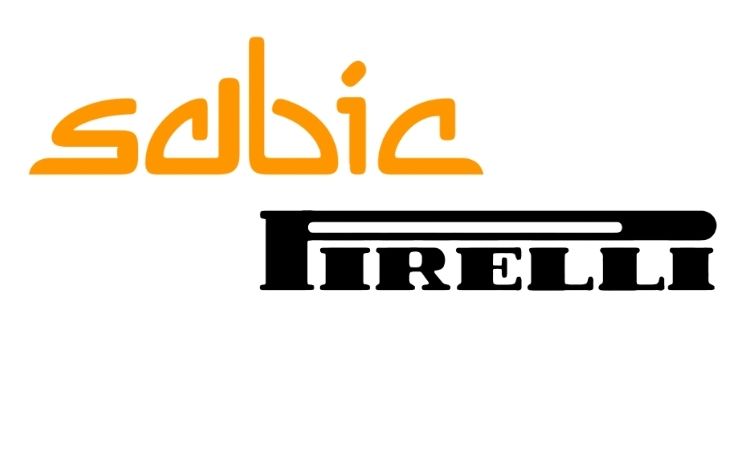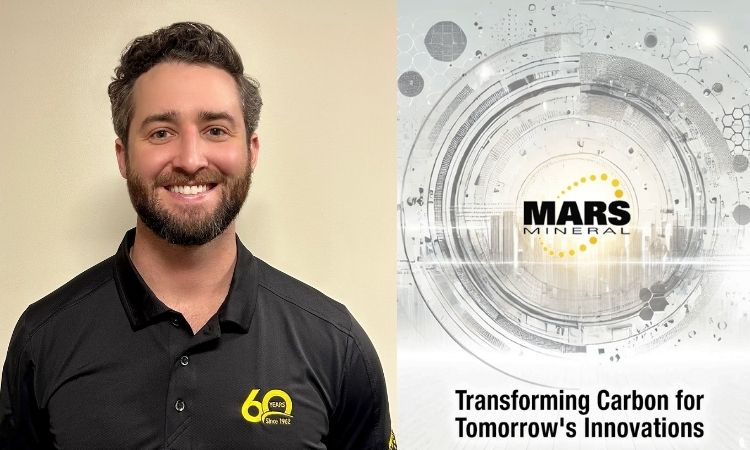Carbon black – strong recovery?
Due to the global pandemic caused by the outbreak of Covid-19, the tire pyrolysis industry has diverse opinions about the fate of recovered carbon black (rCB) produced by pyrolysis plants.
As rCB business largely depends on market dynamics of the virgin carbon black, one needs to analyze the carbon black industry to forecast rCB business opportunities.
In this article, we would like to reassure our industry members engaged in pyrolysis and rCB production that despite disastrous impact of Covid-19, there are strong signs of recovery. Below, we cite articles recently published by the European Rubber Journal (ERJ), which give a great deal of hope to the industry.
1. Orion Engineered Carbons expects recovery in rubber carbon black business
Recent article by the European Rubber Journal describes expectations of Orion Engineered Carbons – one of renowned American carbon black producers. According to ERJ, the company is “optimistic that a recovery is in sight for its rubber carbon black business, as manufacturing resumes and auto sales rebound globally.”
ERJ says that the president and CEO of Orion, Corning Painter, is convinced that 2021 is going to be a great year for the business and for the industry. Looking back to 2009 and 2010, Mr. Painter foresees similar recovery scenario in the coming year.
In the meantime, the second quarter of 2020 brought Orion's rubber carbon black output volumes down by 46.4% (or 107.5 kilotons year-on-year change), reflecting declines in all regions. The company’s net sales fell by 58% to $108.3 million (€91 million), primarily due to lower volumes and, to a much lesser extent, the pass through of lower feedstock costs to customers. ERJ says that Orion’s adjusted earnings (EBITDA) went turned negative, falling by $41.7 million to negative $1.2 million. Orion cited lower volume and the unfavorable impact on margins of lower feedstock costs, for the decline.
Contrary to the current pessimistic results, Painter said "current trends, such as the recovery in driving rates and auto sales from historic lows early in the second quarter, are very positive for us."
According to Mr. Painter, demand for rubber carbon black improved sequentially across all geographic areas between April and July. He adds that he believes Orion’s rubber carbon black business will continue to be one of the first economic sectors to respond to improvements in the broader situation.
Orion’s rubber carbon black business is divided into two major sectors: replacement tire sector (some 60% of Orion’s rubber business) and original equipment (OE) sector (some 40% of Orion’s rubber carbon black). While the first sector – according to the company – experienced “a relatively sharp bounce off the April bottom,” OE is expected to “ultimately track global sales of new trucks and light vehicles.”
To read the full article, please navigate to the European Rubber Journal.
2. Cabot Corp. expects growing carbon black demand
ERJ reports that despite a disastrous impact of Covid-19 on Cabot’s third quarter sales and earnings, the company sees signs of recovery on the carbon black market as production starts to pick up in the automotive and tire industries. According to Cabot’s announcement on August 7 and ERJ, over the three months up to end of June the company’s reinforcement materials segment, which includes rubber carbon black operations, reported a 57% year-on-year decrease in sales to $197 million (€167 million), on 42% lower volumes. Third quarter earnings (EBIT) went into negative territory, declining by $77 million to negative $5 million, mainly due to lower production and sales volumes.
According to Cabot, volumes fell as a result of temporary shutdowns at tire and automotive plants in Europe and the Americas, which posted decreases of 51% and 59%, respectively. In Asia, volumes were down 26%.
However, Cabot noted a 45% sequential increase in volumes in the month of June as compared to May. Moreover, July volumes improved sequentially from June and were 9% below July of last year. The company adds that its customers have been slowly restarting operations.
Sean Keohane – Cabot’s president and CEO – says that the improvement is a positive indicator that Cabot is exiting the quarter in a stronger position than where it started.
“We anticipate a significant sequential improvement in demand and reinforcement materials, given that customer plans have come back online,” he adds.
To support its operations in the coming year, the company carried out “aggressive cost reduction efforts”, ERJ reports.
To read the full article, please navigate to the European Rubber Journal.
Weibold is an international consulting company specializing exclusively in end-of-life tire recycling and pyrolysis. Since 1999, we have helped companies grow and build profitable businesses.









